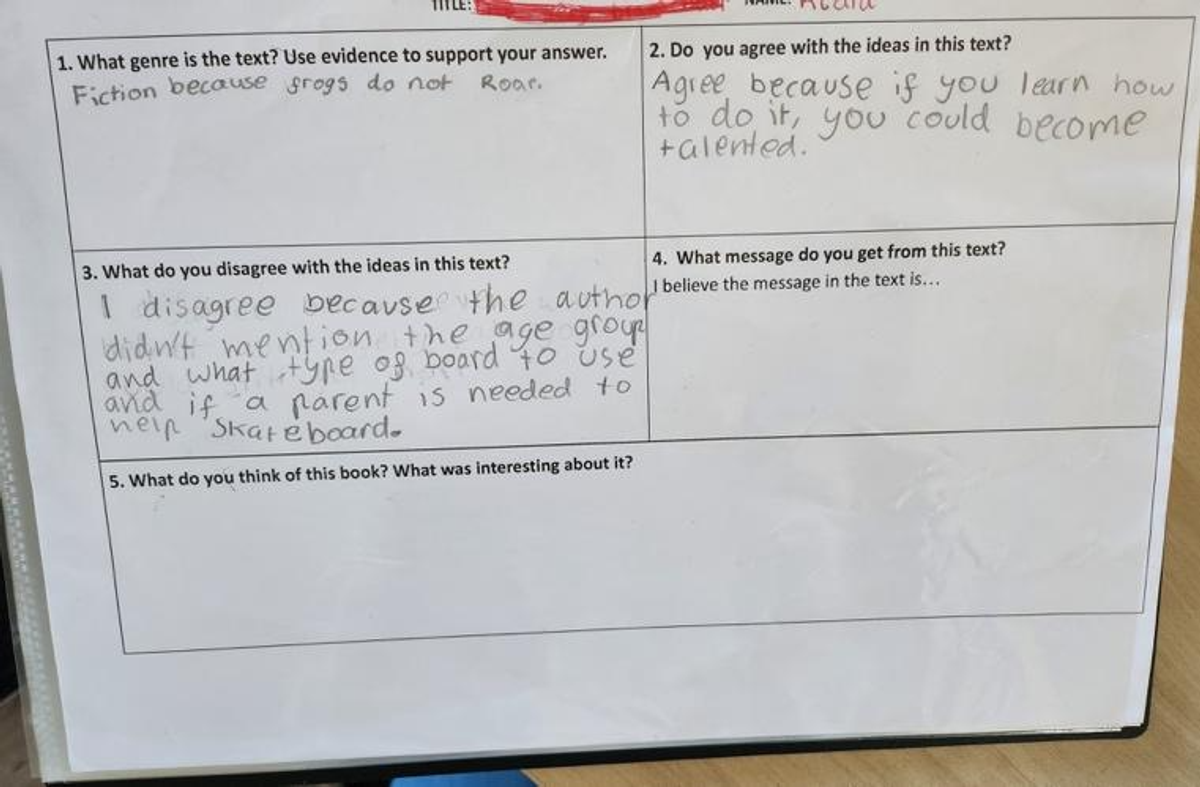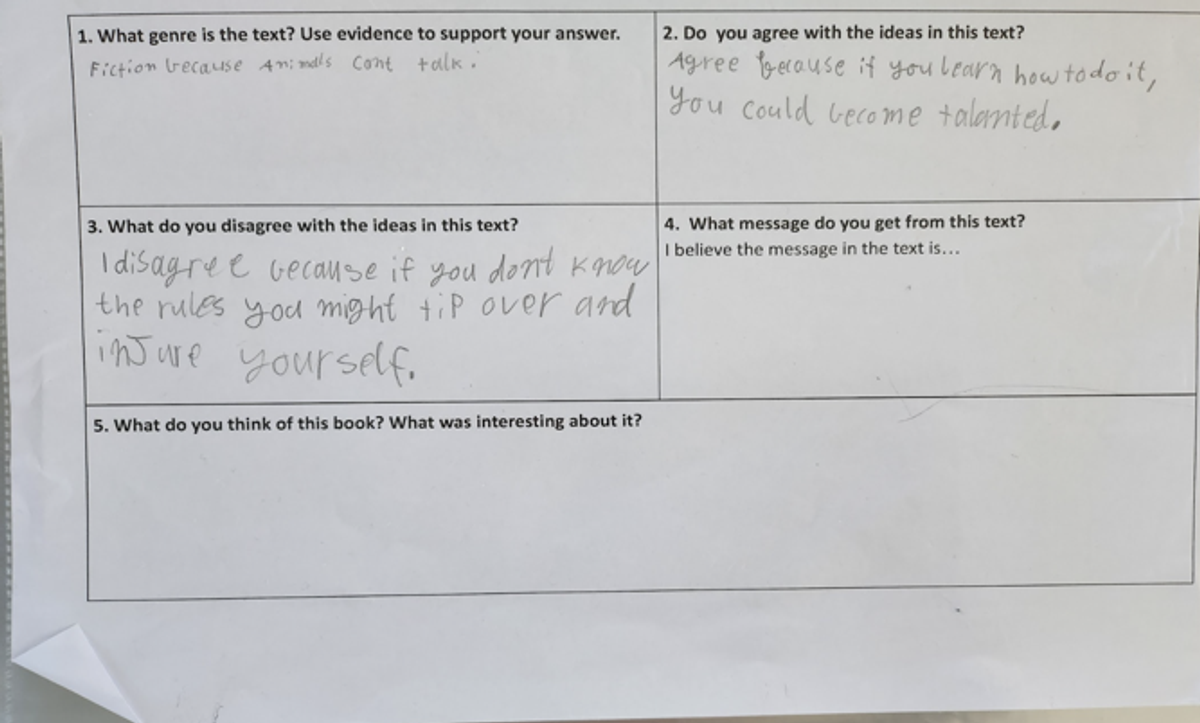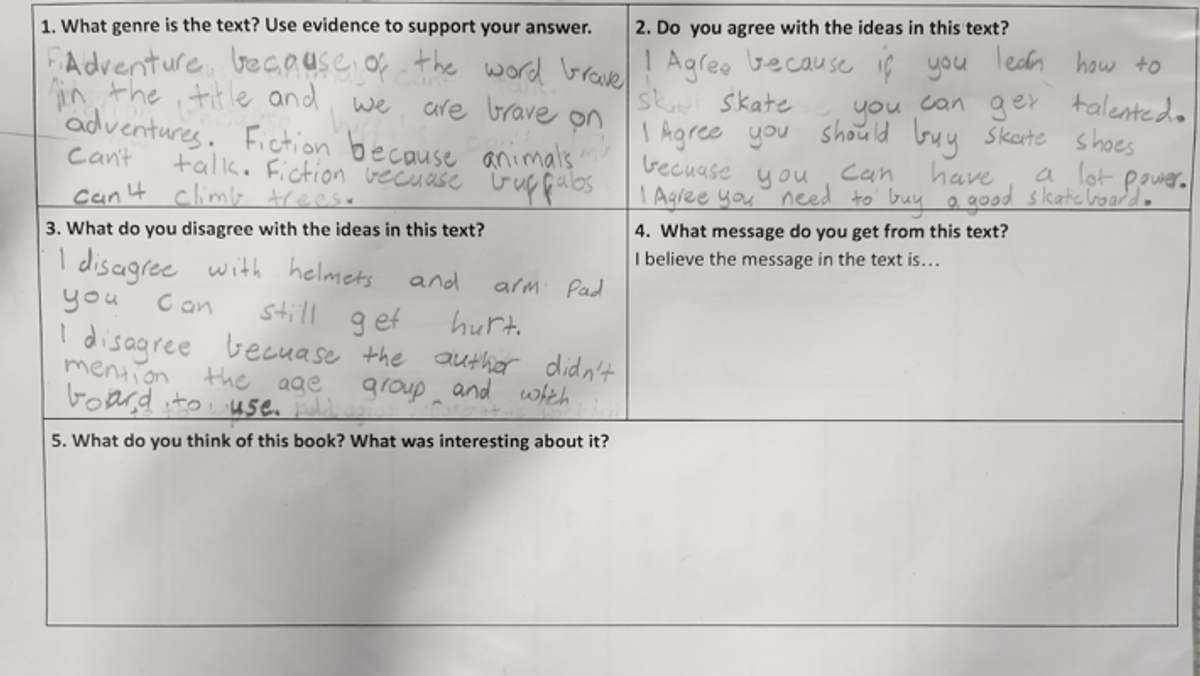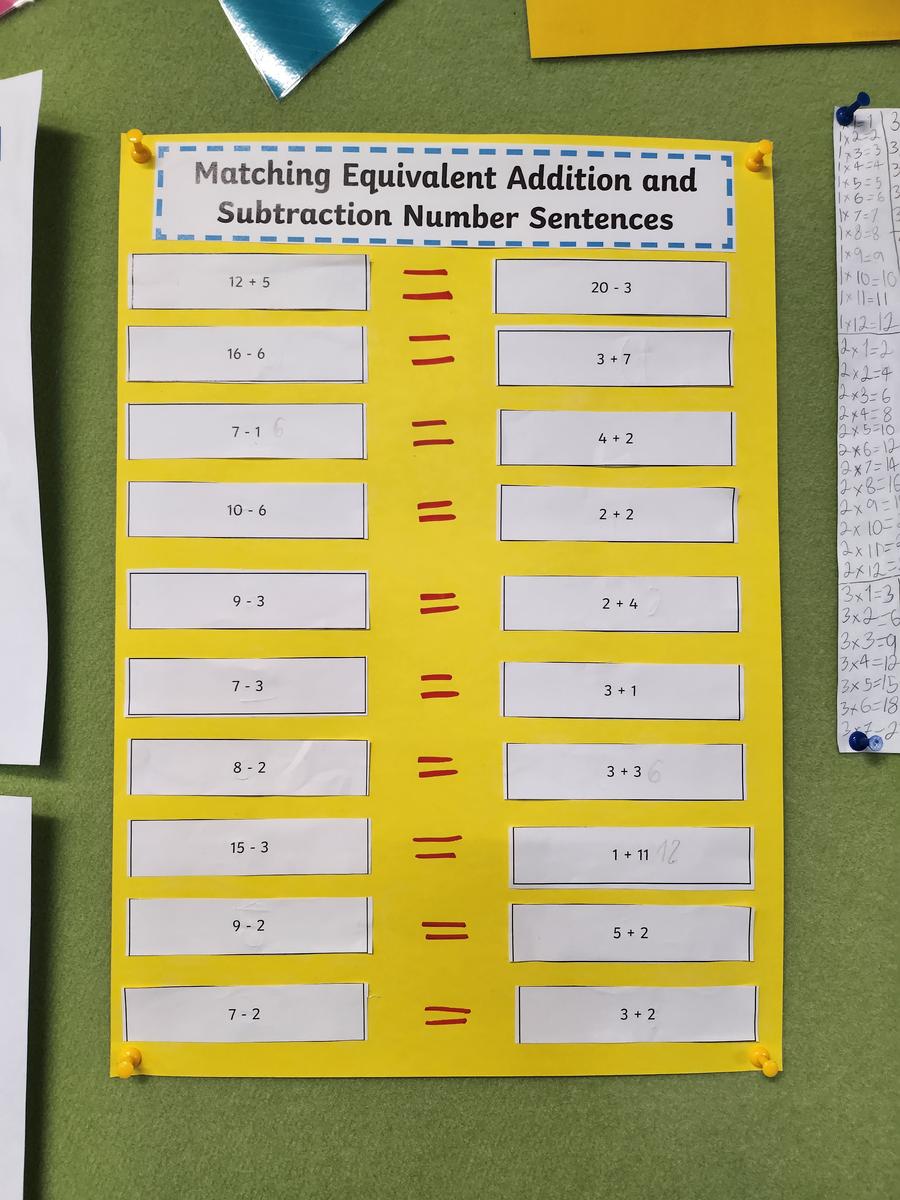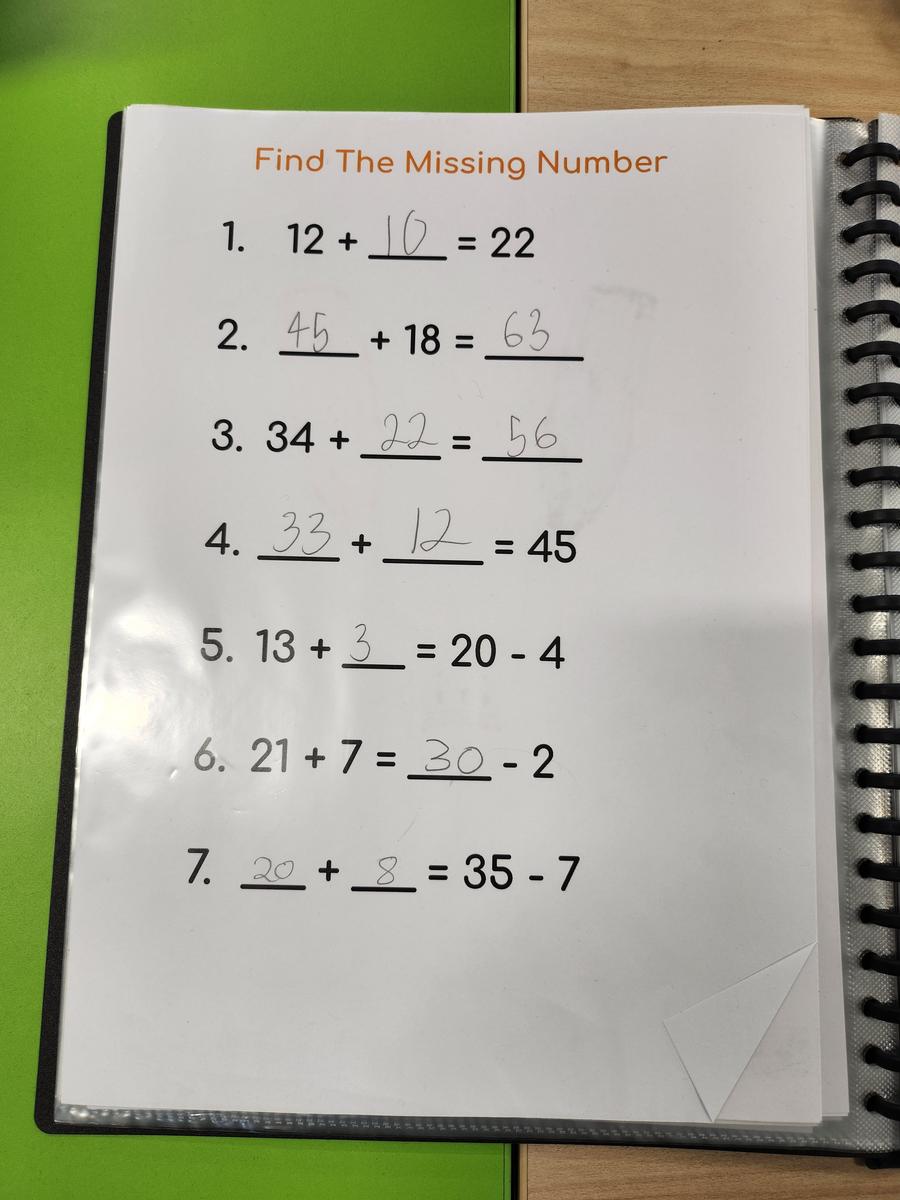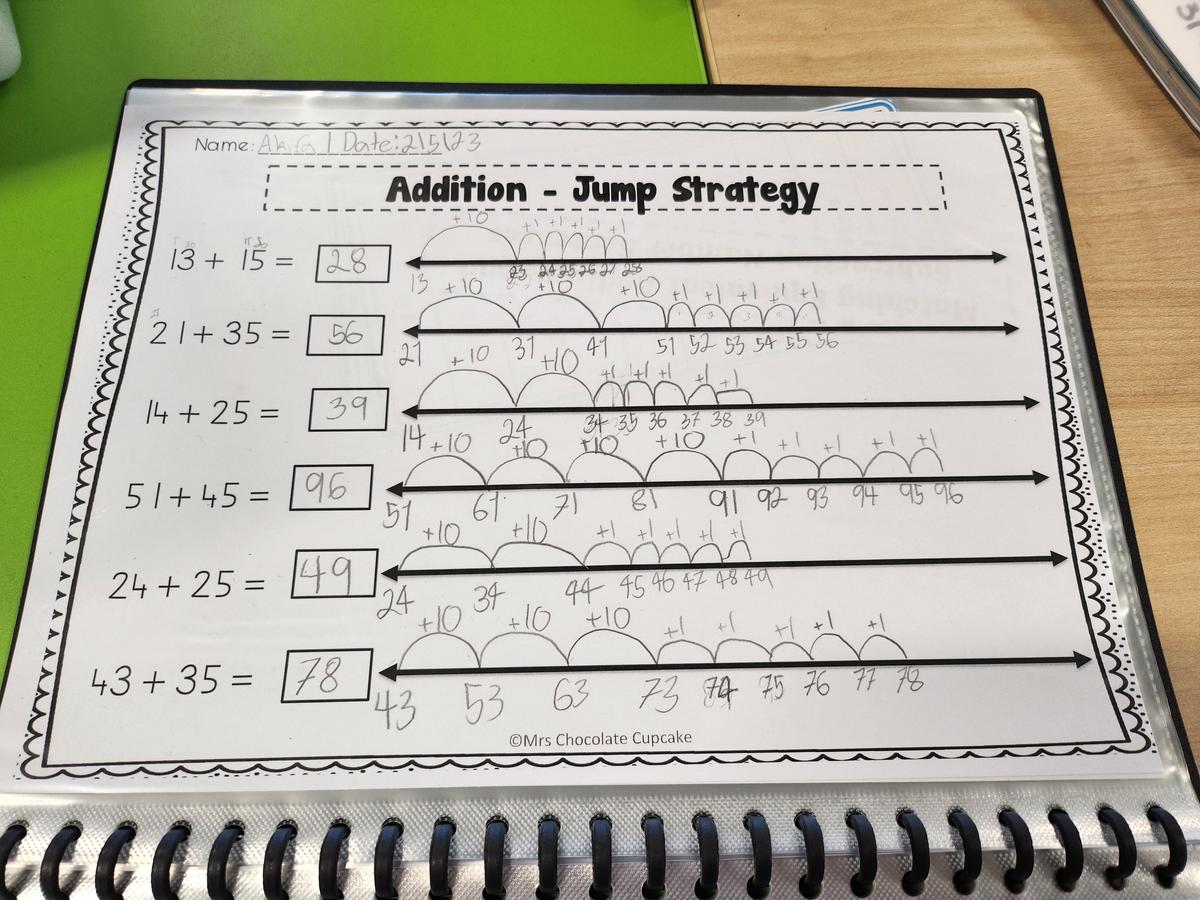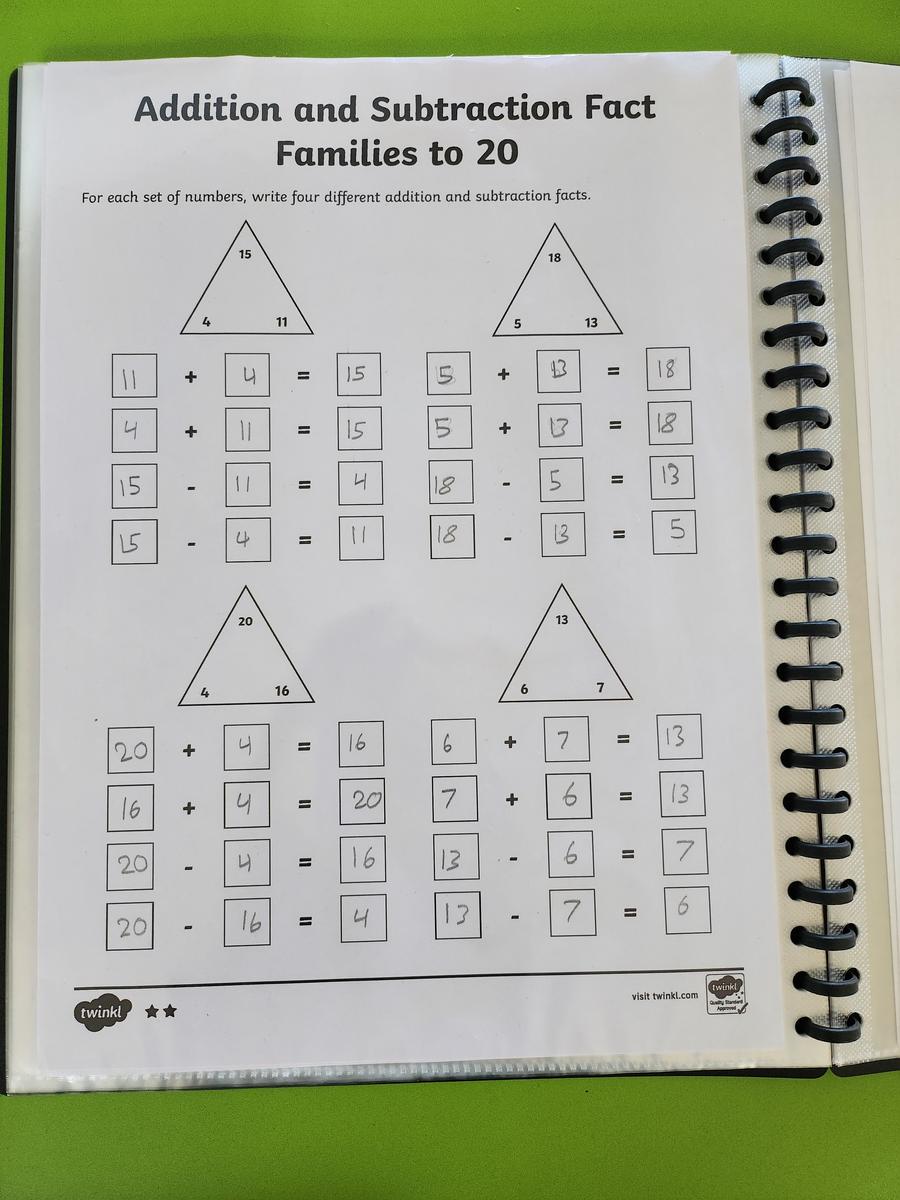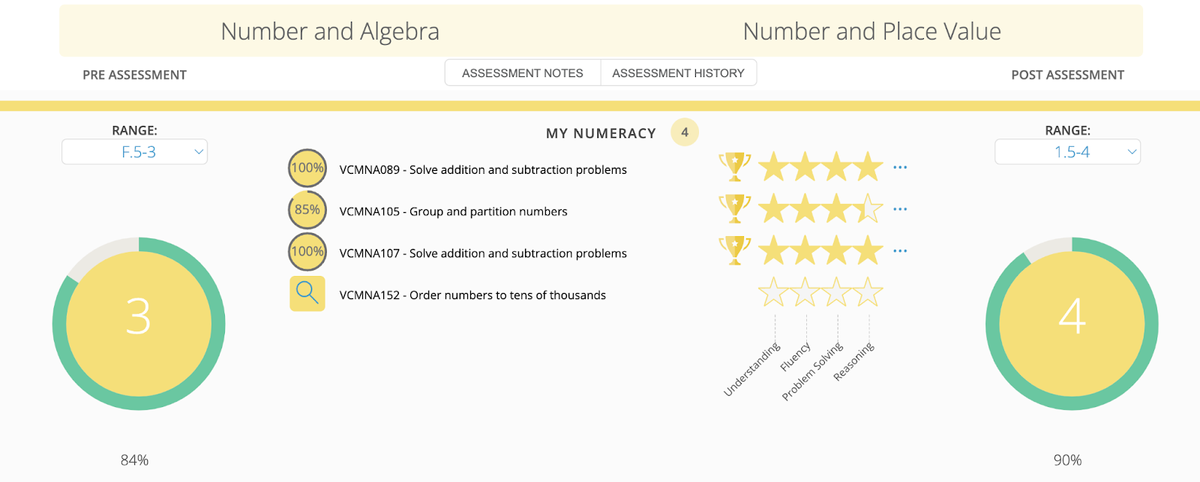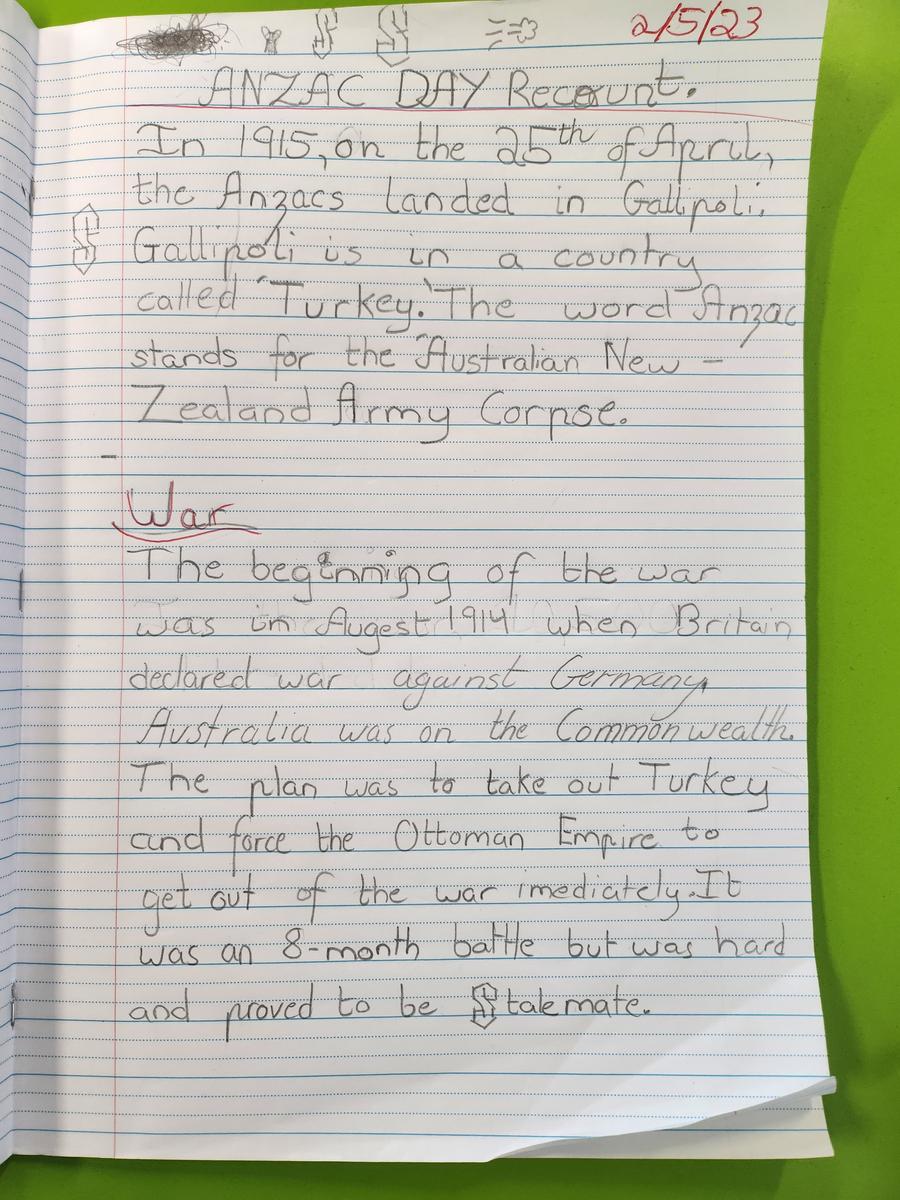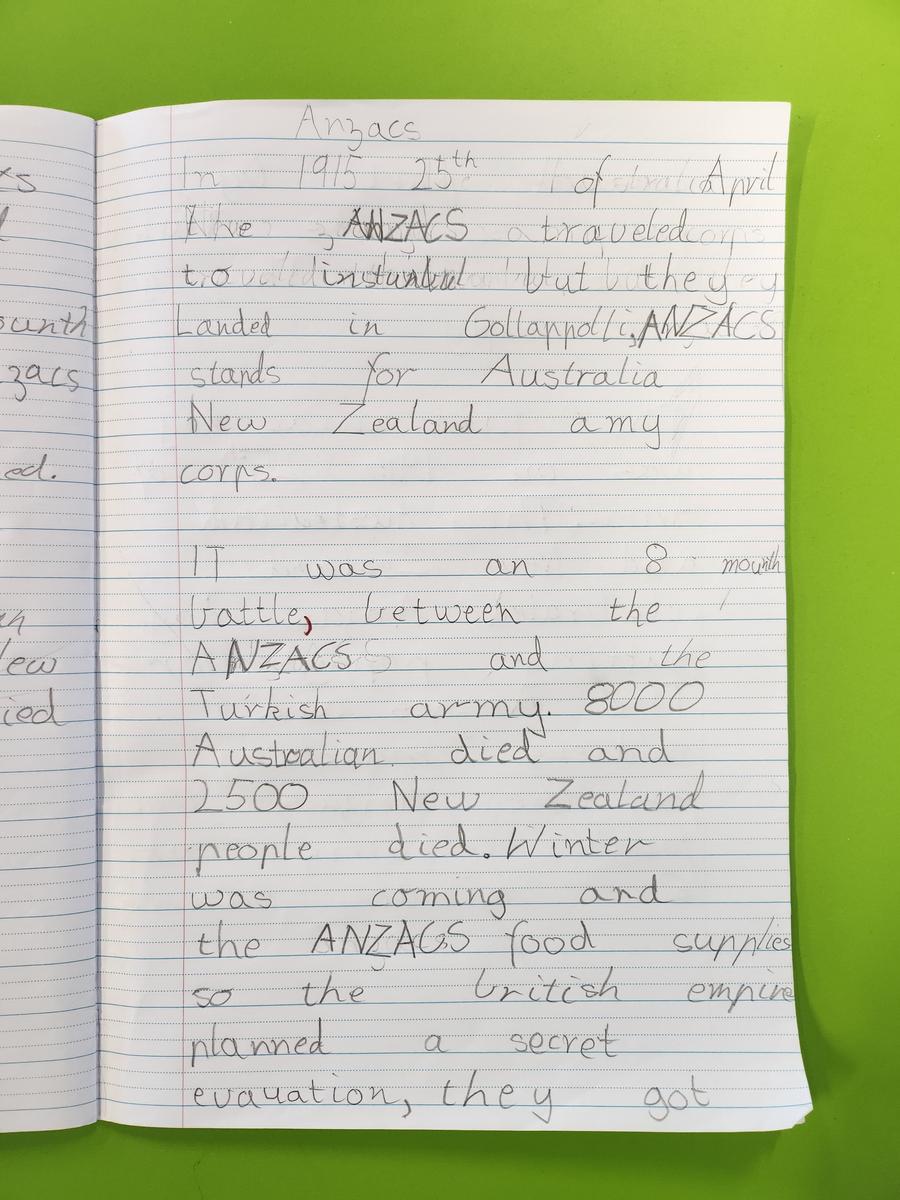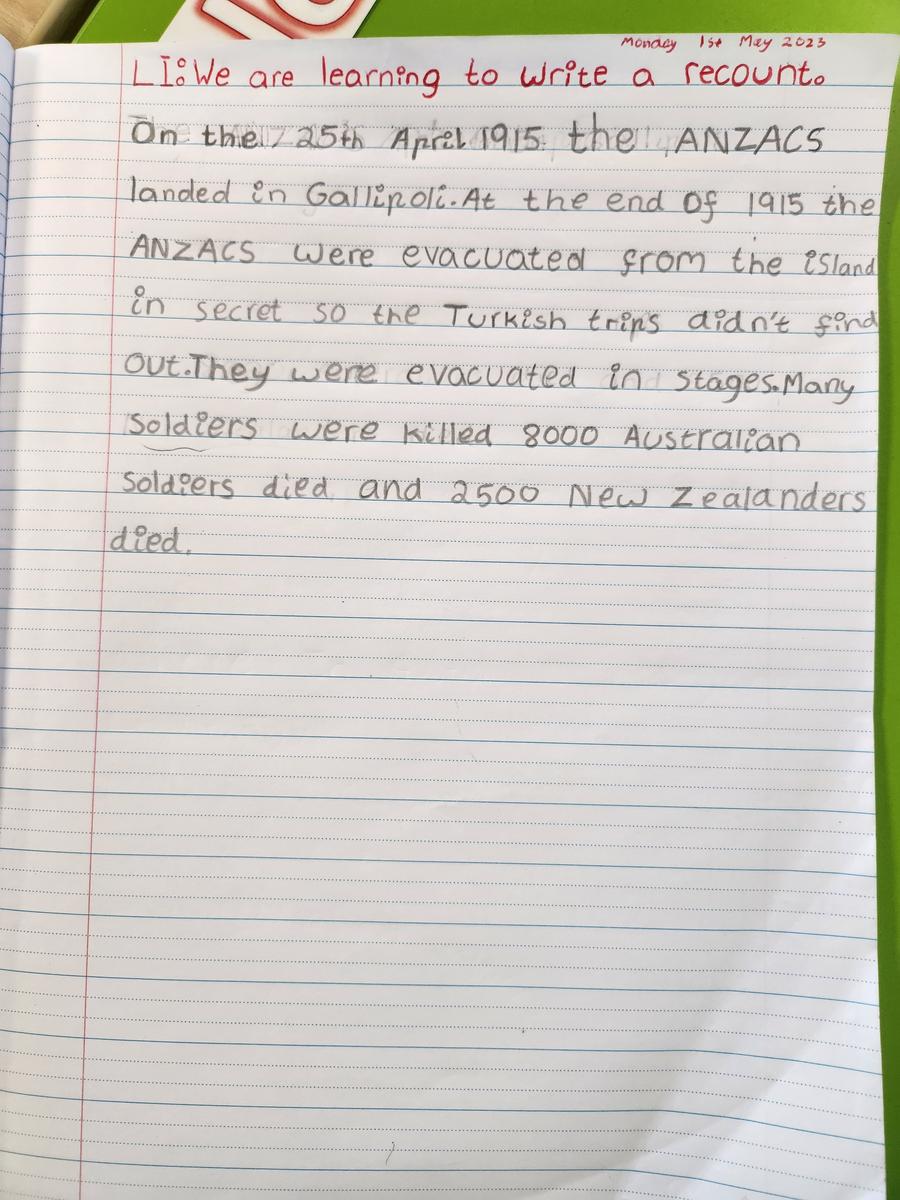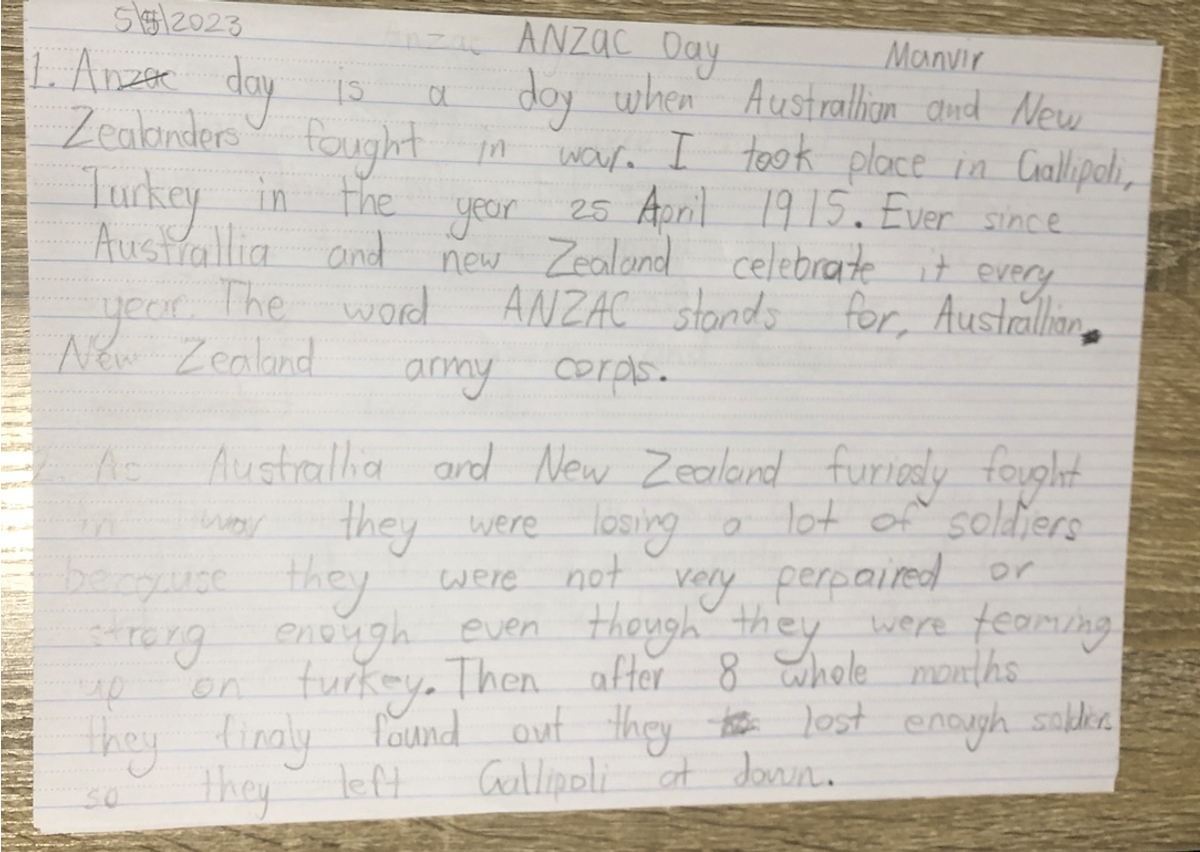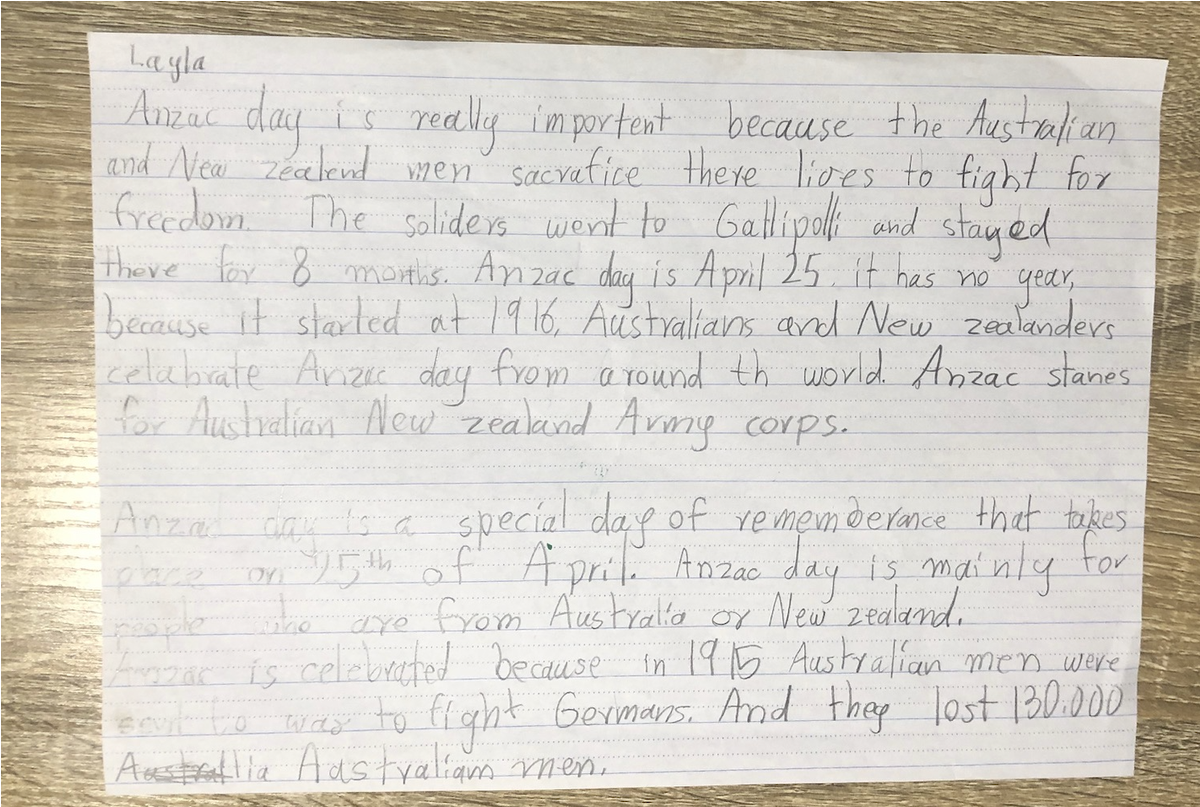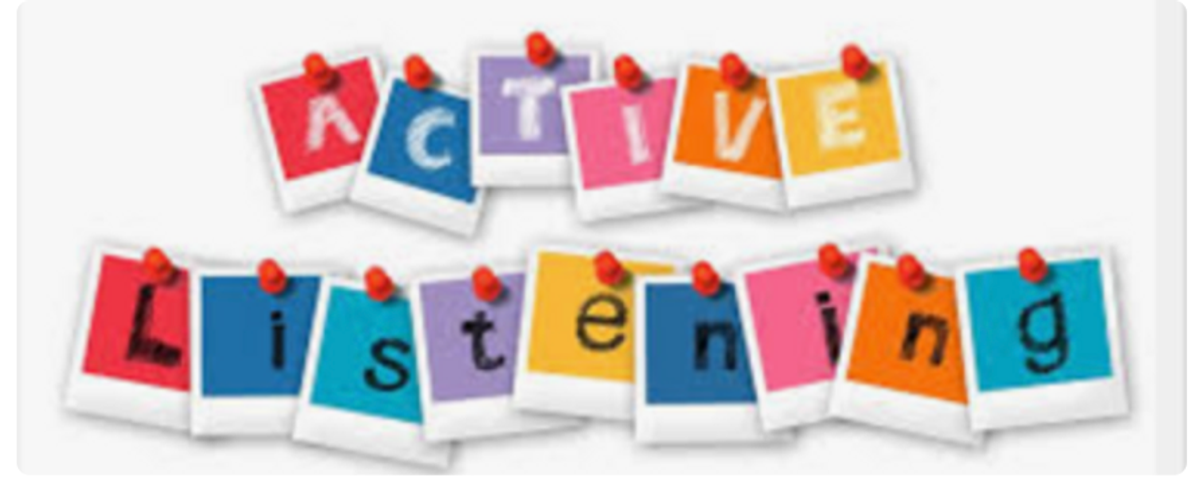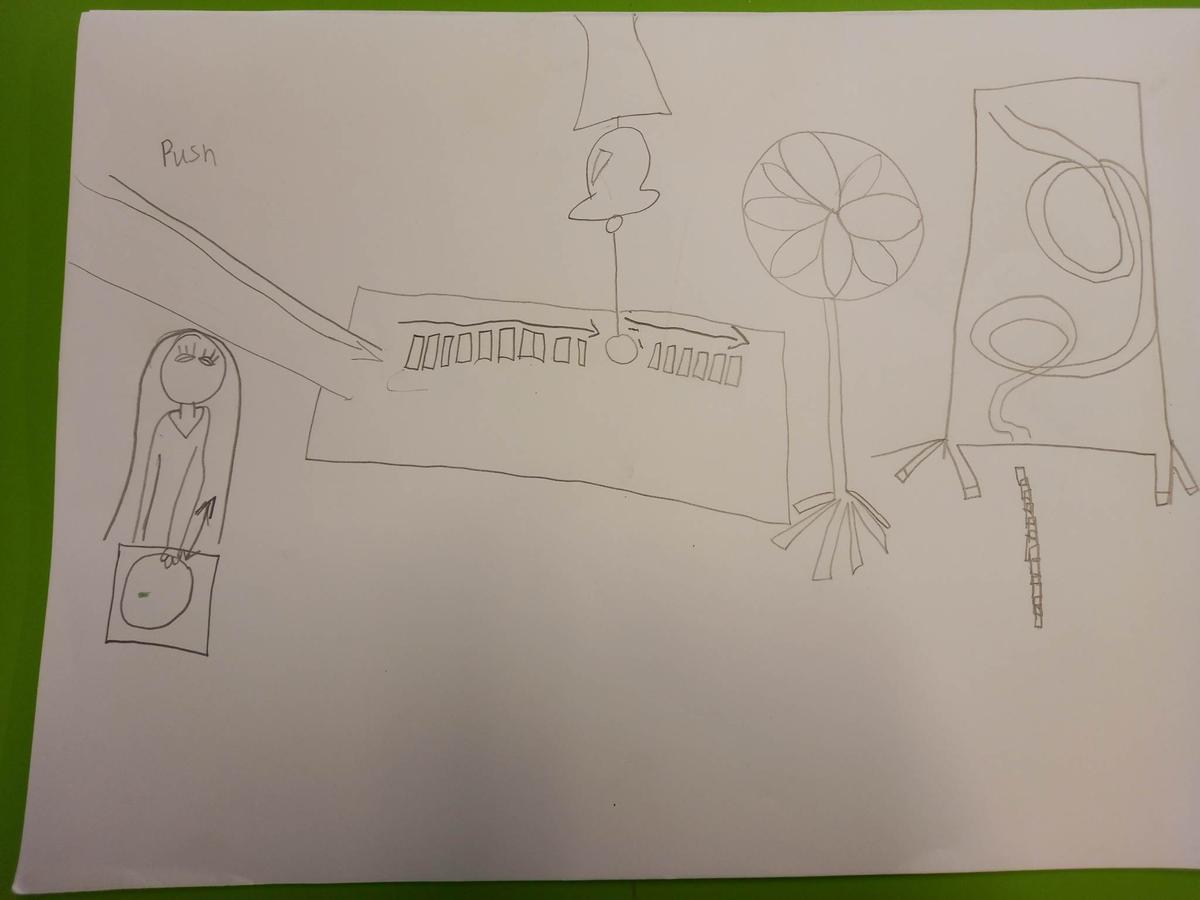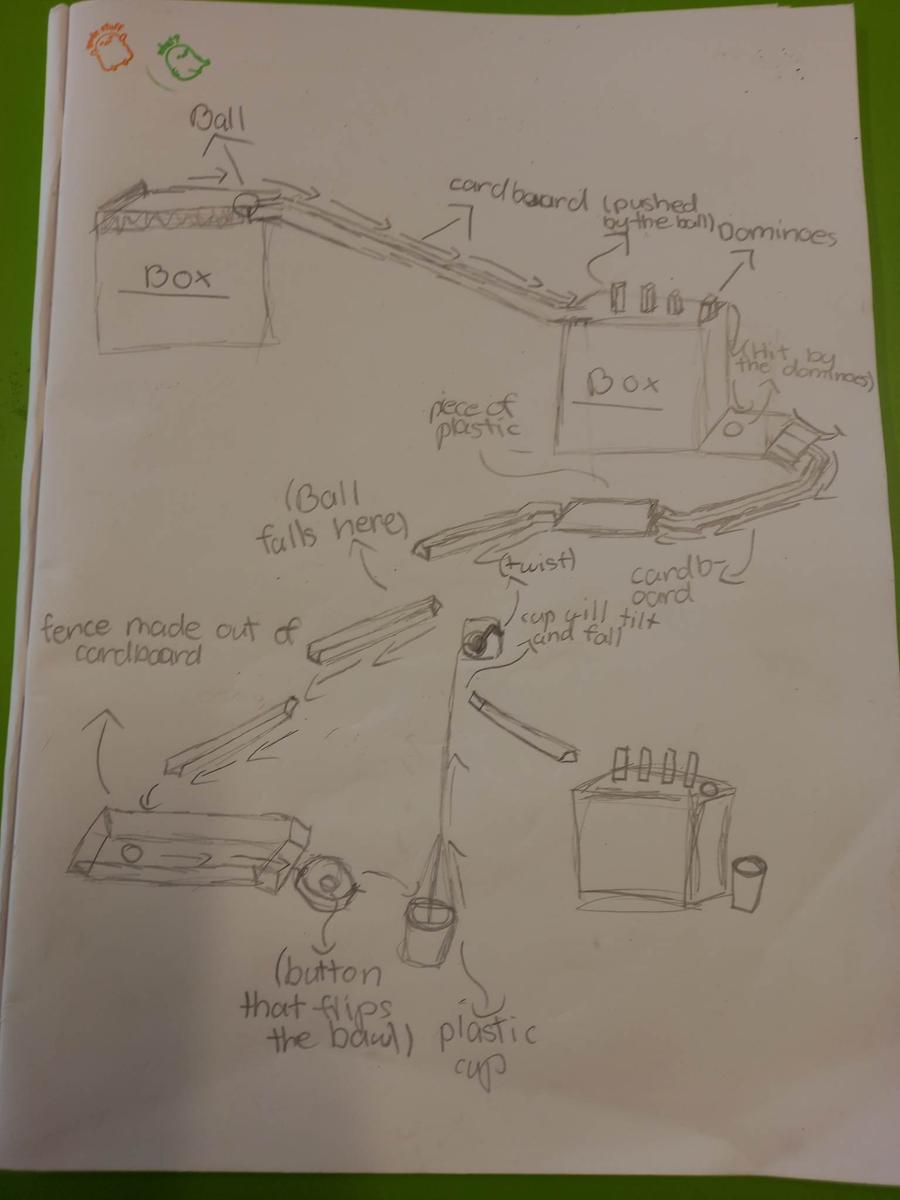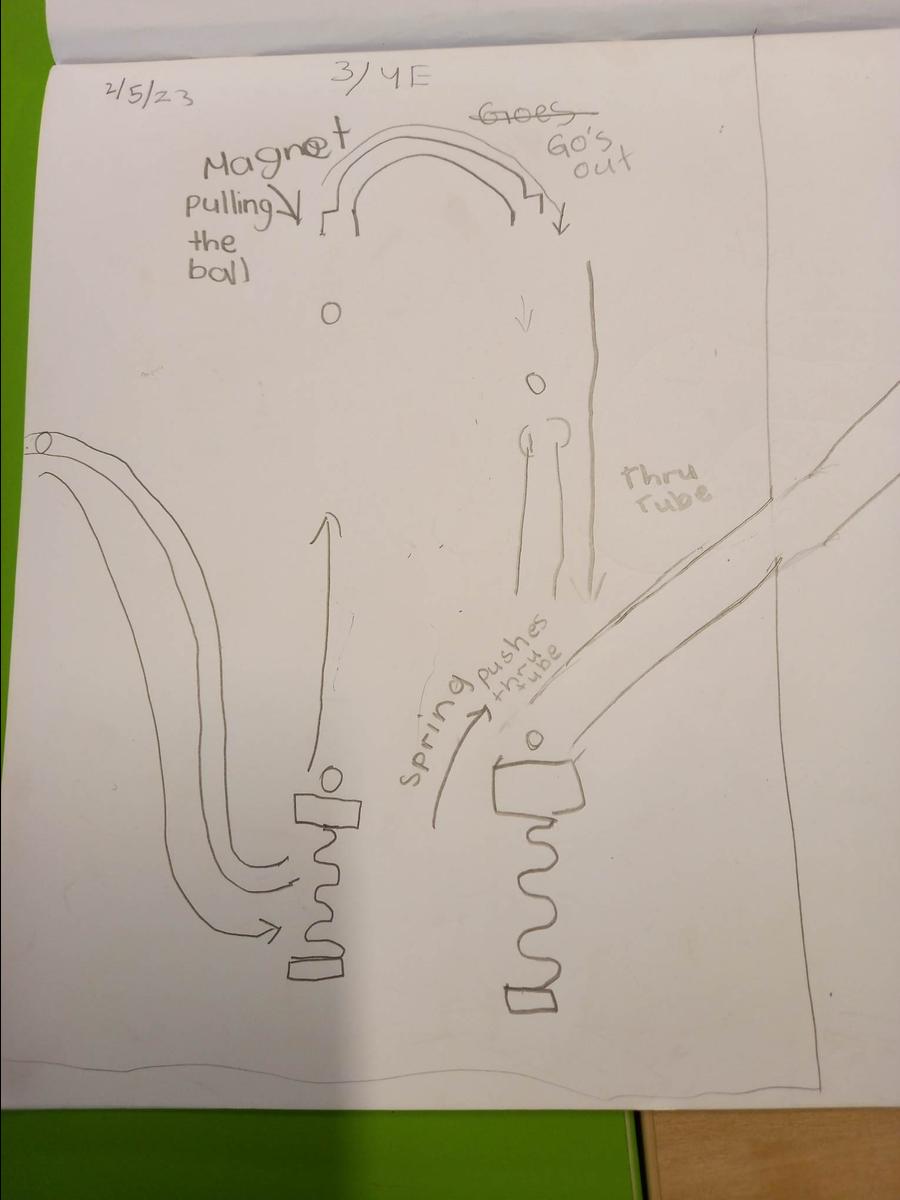Apollo Community Report

The start of Term 2 has been a busy one for the Apollo Community, but it has been wonderful to see all our students back and eager to learn. We would also like to take this opportunity to congratulate our grade 3 students who have recently completed the NAPLAN assessment. We are all proud of their hard work and resilience during this time.
The Apollo Community Teachers
READING-Analysing and Critiquing a Text
Students have been learning about what makes a good reader. Their focus has been on questioning before, during, and after reading. They have formed both literal and inferential questions. During reading, students clarify any misconceptions with questioning and after reading, they have been answering questions to show what they have learnt. Students who are good at monitoring their comprehension know when they understand what they’re reading and when they don’t.
The expectation in term 2, is that students move beyond literal questions to evaluative questions of the text to critically analyse an author’s intent, style, and purpose of the text.
This term students have shown how language features are used to link and sequence ideas. They understand how language can be used to express feelings and opinions in a story or text. We have encouraged students to think about why the title is a one for this story/text and express their opinions when answering. They understand how language features, images and vocabulary choices are used for different effects. Questioning the author is a strategy that engages students actively with a text. Rather than reading and taking information from a text, students have been encouraged to ask questions of the author and the text. Through forming their questions, students learn more about the text. Students learn to ask questions such as: What is the author's message? Does the author explain this clearly? How does this connect to what the author said earlier?
In addition to understanding the literal points that the author is making, good readers can “read between the lines” and draw inferences about a wide range of hidden meanings, such as why events are unfolding as they do, why characters behave in a certain way, what the characters are thinking, and what might happen next.
NUMERACY
In term one students have learnt about place value. They have been counting and ordering numbers to and from 10,000. In term two, students have recognised the connection between addition and subtraction, and solving problems using efficient strategies. Addition and subtraction are the inverse operations of each other. Put simply, this means that they are the opposite. You can undo an addition through subtraction, and you can undo a subtraction through addition. Students show their understanding of these connections through Fact Families.
Using Essential Assessment to establish student numeracy goals. The students have been working on their number goals building towards their skills and strategies.
In measurement and geometry, students compare areas of regular and irregular shapes, using informal units. They use angle size as a measure of turn in real situations and make models of three-dimensional objects. Students create symmetrical simple and composite shapes and patterns, with and without the use of digital technology. They classify angles in relation to a right angle.
In statistics and probability, students have carried out simple data investigations for categorical variables. They interpret and compare data displays. They construct data displays from given or collected data.
WRITING
During Term one students revisited persuasive and narrative texts. They planned, drafted, and edited their own persuasive and narrative writing using the appropriate structure and features. They were involved in reading and writing both persuasive and narrative texts. The structure and features of these genres were unpacked. Mentor texts were used to show students the layout, technical language, sub-headings/paragraphs, verbs, and illustrations required to present these texts.
In term two, students have been focusing on writing a recount. Students in term two will learn how to research and paraphrase facts to create their own explanation texts.
Here are examples of their factual recount on Anzac Day.
SPEAKING AND LISTENING
Students participated in discussions with their teachers and peers, across the curriculum, to build their speaking and listening skills. When participating, students used the social protocols of turn taking and active listening.
Apollo students have been learning about active listening and speaking with clarity. All students are aware of the need to look at the speaker and listen with their whole body. If a student wants to contribute to a discussion, they have been encouraged to take turns and show respect.
INQUIRY
Our term one inquiry, students explored the question ‘Am I the only one responsible for my choices?’ During this unit, students considered the way their choices impact on them and those around them. They discussed strategies which they can use to assist them to recognise and regulate their emotions and how these can assist in developing empathy towards others and build positive and understanding relationships. Students discussed making responsible decisions, especially in the digital world, and how to handle challenging situations which they may face.
Our Term 2 Inquiry Unit is ‘What makes things move? Push and pull.’ This unit is an inquiry into exploring ways that objects move on land, through water and in the air. Exploring how different strengths of pushes and pulls affect the movement of objects.
Our Guiding Questions are:
- How do objects move and change position? (Pushes and pulls)
- What other ways can objects move?
- What objects need a little bit of force to move them?
- What objects need a lot of force to move them?
- What other forces can move objects?
In the first week of term, students were scientists and had to create their own experiment where they made an object move without touching it and then write their own lab report. This was a pertest of students' knowledge and already they came up with some interesting ways of making objects move including blowing them, rolling them off of a chair, just to name a couple of ideas.
We then watched YouTube videos of Rube Goldberg machines. A Rube Goldberg uses a chain reaction of simple machines, like levers, pulleys, and cranks, and household objects such as strings, books, and tables. The students then designed their own Rube Goldberg machines. Here are some creative examples.
Students then explored the concept of friction. Friction is a force and causes resistance when one object moves against another. When two objects rub against each other they cause friction. They experimented with sliding friction and had to experiment with sliding different objects against our workbook. We wanted to see if the materials impacted the amount of friction. The smaller, lighter objects caused less friction and moved more easily than the heavier, bumpier/rough items which created more friction.
SEL
During term one, students discussed what our emotions look like, what can make us feel these emotions and the impact our emotions have on our ability to make decisions. They explored their personal strengths and considered their challenges, identifying skills they can use to help them grow, such as having a growth mindset.
In term two, Apollo students will focus on identifying confidence and how to become independent thinkers and build resilience. Students will explore the difference between friendly and unfriendly behaviours and the importance of having school values.
Important Dates to Remember
- Week 5- National Simultaneous Story time - Wednesday, May 24th Week 7
- Week 7- Monday 5th Tuesday 6th & Wednesday 7th Hands On Science Incursion.
- Week 8 - 12th June King's Birthday.
- Week 8 - 13th June Curriculum Day- No students to attend school.
- Week 9 - Friday 23rd June last day of Term 2.
- Term 3 - Week 1 Wednesday 12th July-Parent Teacher Interview Day.


